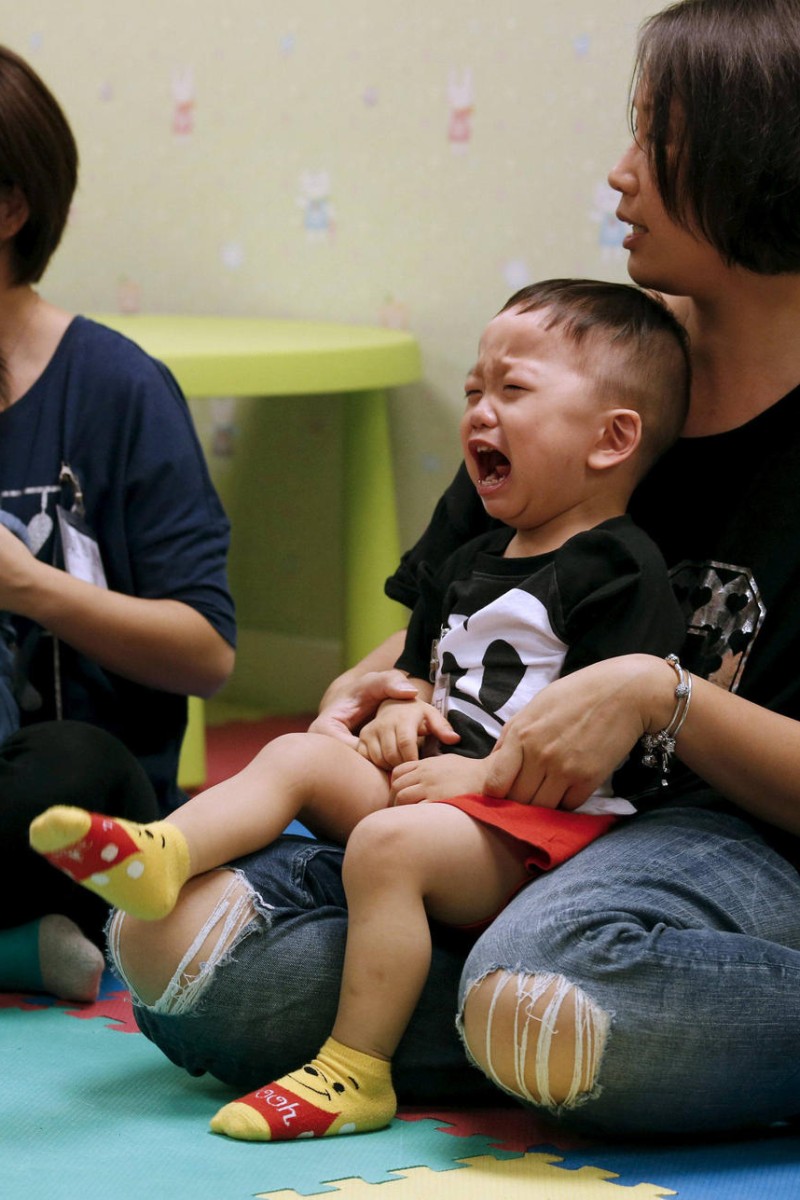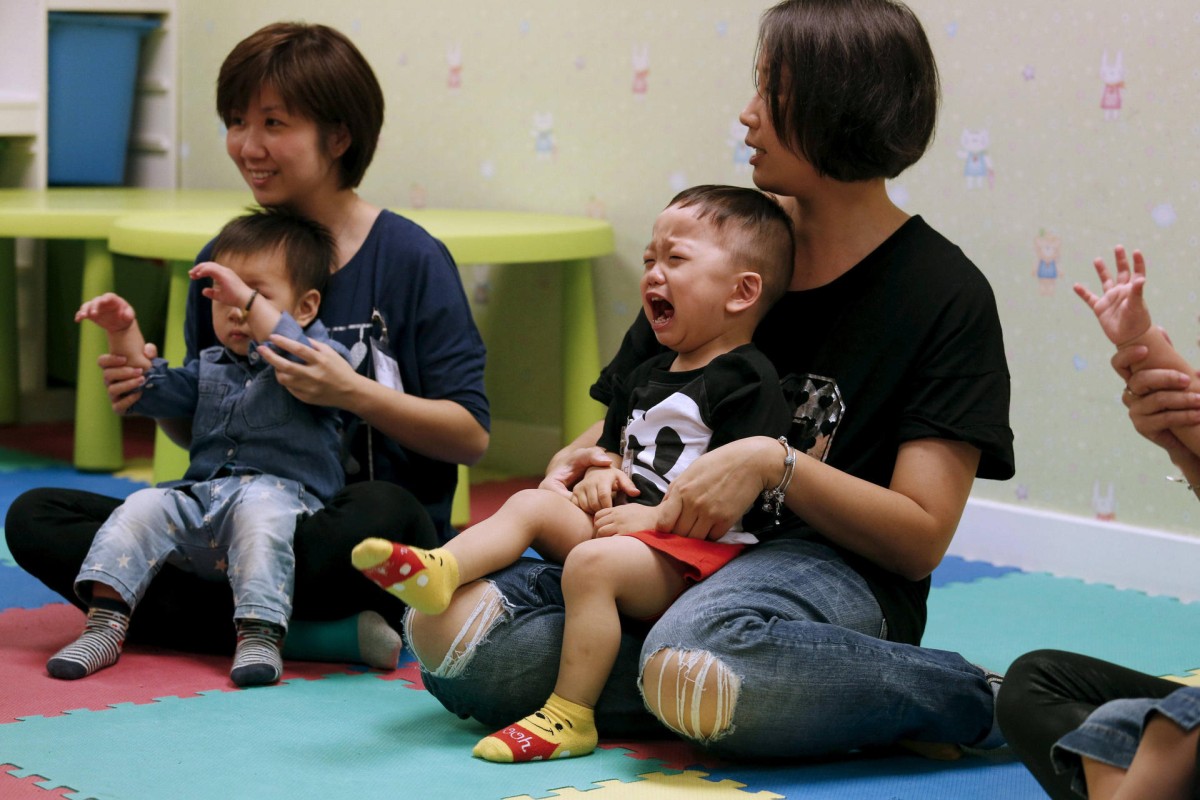
Summer classes are basically a must if you want success
 Never too early? These mums are in a class to prepare their kids for kindergarten interviews
Never too early? These mums are in a class to prepare their kids for kindergarten interviewsAs a testament to Hong Kong’s increasingly competitive education scene, more than 700 people scrambled to secure a place for their children in a Sha Tim “cram school”, with some even allegedly even waiting overnight to ensure successful enrolment.
The headline immediately invited a multitude of critics, who denounced the worried mothers as “monster parents”. They suddenly became advocates for “holistic development of children” and “rest during summer vacations”.
For top scholars and high-ranking brainiacs, “holistic development” is easier said than done. In countries such as Canada, full day summer camps range from cookery to sewing. In fact, the University of Toronto offers day camps for Canadian students aged six to 18, with including sports, forensics, technology and law.
In contrast, options in Hong Kong are significantly less diverse and limited mostly to conventional topics. Most summer programmes offered by local universities or learning centres are built around traditional areas like maths or sciences.
As attractive as “well-rounded development” sounds, practical limitations in Hong Kong’s education system make it hard for students to pursue non-academic interests. If a child is lagging behind at school, attending supplementary classes becomes more or less a necessity rather than a choice.
Summer vacations are naturally the perfect time for weaker students to catch up on failing grades and improve their unsatisfactory performances. Despite how exotic a yoga class may sound, it is simply more economical to invest in an event that could potentially affect the next five to 10 years of your child’s life.
Our education system is largely dependent upon exams, where academic gains are ultimately superior to extra-curricular activities. Despite the supposed incorporation of “other learning experiences” or “personal statements”, test scores are the main reason why thousands of prospective college students are rejected each year.
Primary students are not immune either. The Secondary School Places Allocation scheme, where internal school exams place Primary Six students in secondary schools, creates as much stress for young minds as its senior counterpart DSE.
Tutorial schools provide short cuts or notes that are specifically catered for getting high scores, even if they don’t necessarily make the students smarter. While some are concerned that never-ending revisions will make a child less interested in studying, the gratification they will get from high marks are important towards cultivating intellectual curiosity and encouraging further improvement.
On the other hand, a lingering sense of incompetence only contributes to frustration and disengagement from schoolwork.
Parents should not be blamed for placing a high emphasis on school grades. It is, at the end of the day, what matters the most in our public exams.